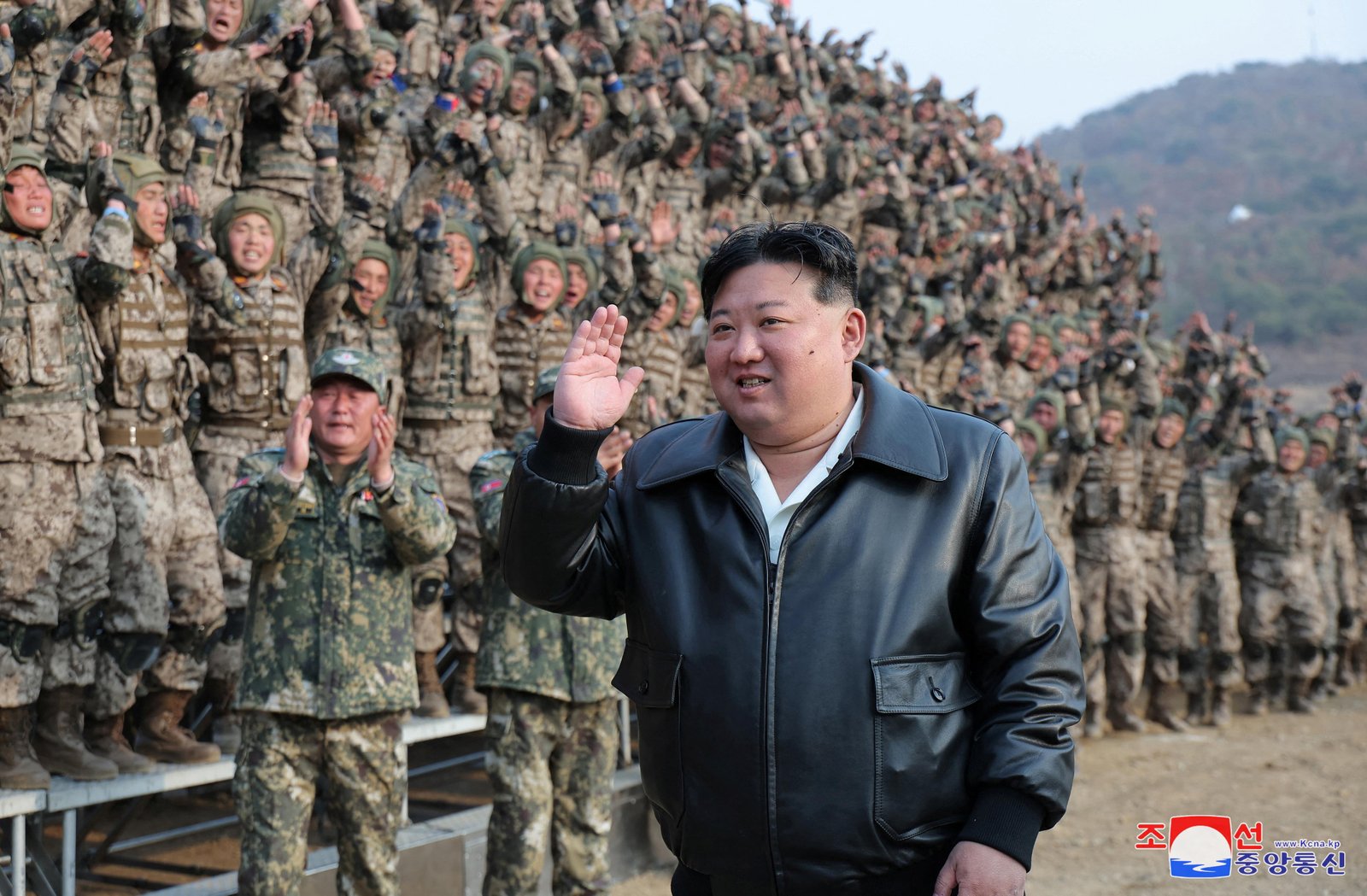North Korea, officially known as the Democratic People’s Republic of Korea, is a country located on the Korean Peninsula in East Asia. With a population of over 25 million, North Korea is a unique and enigmatic nation that has captured the world’s attention with its secretive government and closed-off society. In this article, we will delve into the history, culture, and current state of affairs in North Korea, shedding light on a country that remains largely unknown to the outside world.
Overview of North Korea’s Political Landscape
North Korea’s political landscape is dominated by the ruling Korean Workers’ Party, led by the supreme leader Kim Jong-un. The country operates as a single-party state with a centrally planned economy. The political system in North Korea is based on the principles of Juche, a state ideology that emphasizes self-reliance and independence from foreign influence.
The government is structured around various government bodies, including the Supreme People’s Assembly, which is the highest organ of state power. The country also has a system of local government that extends down to the county level. Decision-making power is concentrated in the hands of top party officials, who hold significant influence over all aspects of society. International relations play a crucial role in North Korea’s political landscape, with the country maintaining a tense relationship with many other nations, especially the United States and South Korea.

Human Rights Concerns in North Korea
Despite its political isolation, North Korea has been a topic of concern due to the numerous human rights violations reported within the country. The regime’s strict control over its citizens has led to widespread abuses, including forced labor camps, lack of freedom of speech, and limited access to information.
Some of the specific include:
- Political repression: The regime’s control over all aspects of society, including limiting political freedoms and suppressing dissent.
- Forced labor: Reports of forced labor camps where individuals are subjected to harsh conditions and long hours of work.
- Restricted access to information: The government’s censorship of media and control over the internet, limiting citizens’ access to outside information.
Nuclear Ambitions and International Relations
North Korea’s nuclear ambitions have long been a cause for concern in international relations. The country’s pursuit of nuclear weapons has escalated tensions on the Korean Peninsula and raised alarms across the globe. With a history of provocative behavior and defiance of international agreements, North Korea’s nuclear program poses a significant challenge to regional stability and security.
Despite facing numerous sanctions and isolation from the international community, North Korea has continued to advance its nuclear capabilities. The regime’s relentless pursuit of nuclear weapons has led to repeated standoffs with the United States and other countries, heightening the risk of conflict in the region. The unpredictable nature of North Korea’s leadership and their willingness to use nuclear weapons as a bargaining chip make them a unique and dangerous player in global politics.
Economic Challenges and Potential Reforms
One of the major economic challenges facing Korea (North) is its heavy reliance on state-run industries. This centralized economic model has resulted in inefficiencies, lack of innovation, and limited growth opportunities. Additionally, economic sanctions imposed by the international community have further strained the country’s economy, limiting its ability to trade with other nations.
However, there are potential reforms that could help address these challenges. **Some of the proposed reforms include**:
- Encouraging more private sector participation in the economy
- Implementing market-oriented policies to stimulate competition and productivity
- Diversifying exports to reduce reliance on a few key industries
Final Thoughts
In conclusion, North Korea remains a complex and often misunderstood country. While it is undoubtedly a hermit kingdom with a repressive regime, it is important to continue to seek out accurate and objective information about the country in order to gain a more nuanced understanding of its history, politics, and society. As one of the most isolated nations in the world, North Korea presents numerous challenges for engagement and analysis, but it is crucial to approach the country with a critical yet informed perspective. Ultimately, only through informed dialogue and engagement can we hope to bridge the gaps that divide us and work towards a more peaceful and prosperous future for all Koreans.